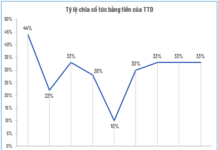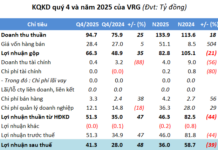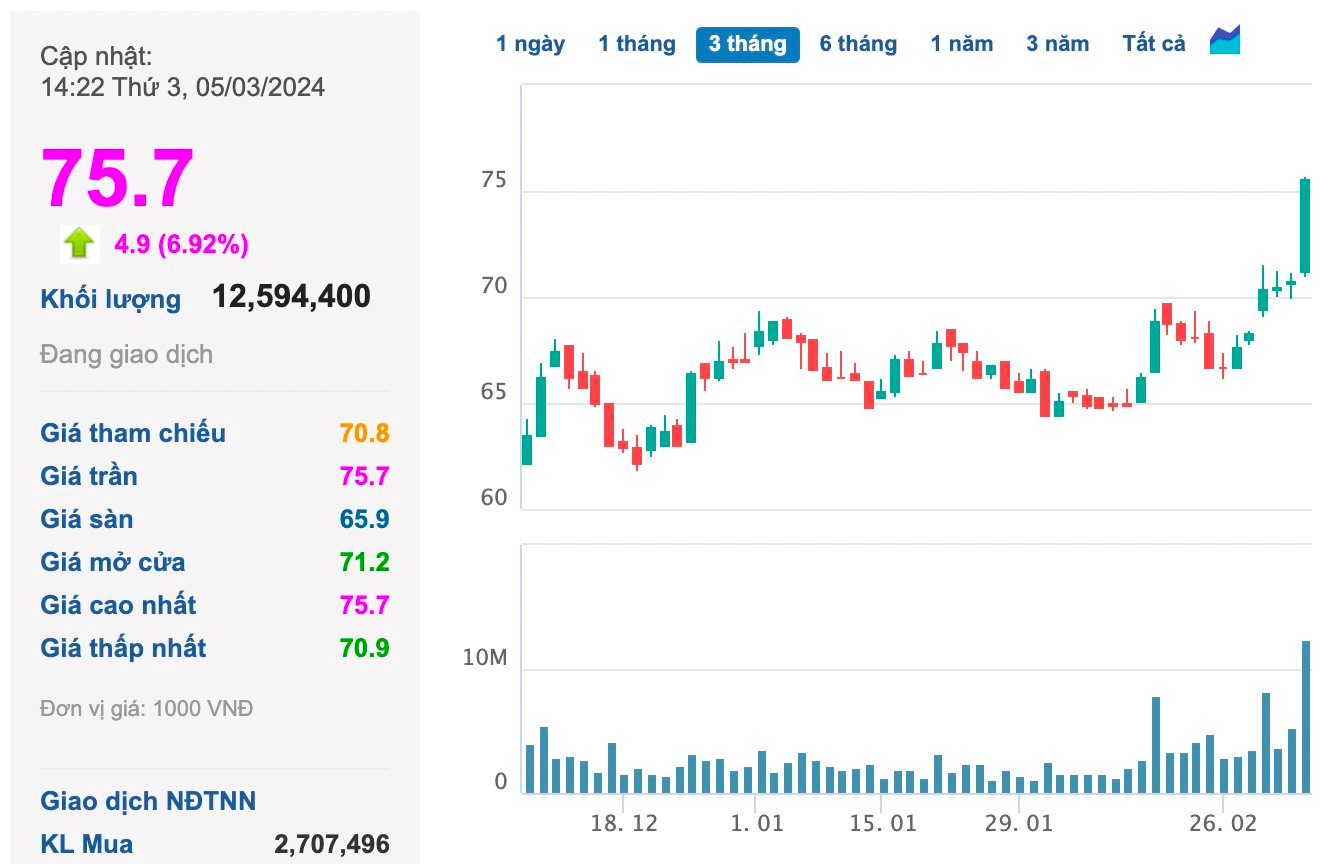Human Resources: The Ultimate Competitive Advantage
Renowned management guru Kenichi Ohmae, one of the world’s top five management thinkers and the mastermind behind the 3C model, emphasizes the primacy of human capital over financial assets in assessing a company’s strength. This perspective underscores the critical role of people in driving productivity, quality, and efficiency across all facets of a business.
Reinforcing this view, the World Economic Forum’s “Future of Jobs Survey 2023” reveals insights from 803 businesses across 45 global economies. The survey underscores the imminent disruption facing employees, with 44% of skills expected to change within the next five years. Moreover, six in ten employees will require reskilling by 2027, according to the survey.
Echoing this sentiment, a 2022 World Bank report on Vietnam highlights a shortage of highly skilled labor, particularly in the realms of information technology, engineering, and management. These concerns are further corroborated by a 2023 survey conducted by the Japan External Trade Organization (JETRO), which found that 55% of Japanese businesses in Vietnam believe the local workforce falls short of job requirements, especially in terms of soft skills and foreign language proficiency.
Despite this pressing need, many Vietnamese businesses operate under the assumption that employees should independently acquire the necessary skills and knowledge for their roles. Consequently, they tend to neglect investments in training and development initiatives.
On the flip side, while employees recognize the importance of continuous learning and professional development, not all are willing to invest their time and resources in education. This disconnect poses a challenge in ensuring a competent and future-ready workforce.
So, where does the solution lie? How can businesses enhance their human capital to stay competitive?
Taking the Lead in Developing High-Quality Human Resources
To cultivate a high-quality workforce, businesses must take a proactive approach. This entails not only hiring individuals with the right capabilities and attributes but also providing them with opportunities for professional growth. A well-defined training and development plan is essential, encompassing everything from identifying knowledge and skill gaps to designing tailored programs that meet specific objectives within specified timelines and budgets.
According to the “Future of Jobs Survey 2023,” analytical thinking tops the list of priorities for companies, with 10% of training initiatives focused on this skill. This is closely followed by creativity, at 8%. Additionally, 42% of surveyed companies plan to prioritize training in AI and big data handling. Employers also intend to foster leadership and social influence skills (40% of companies), resilience and adaptability (32%), and curiosity and lifelong learning (30%).
The specific skills prioritized for training may vary across organizations. For instance, FPT Software, a leading Vietnamese technology company with a global clientele, emphasizes English language proficiency as a key area of focus in their training programs. This is essential for effective communication and collaboration with international clients. Furthermore, given the project-based nature of their work, FPT Software employees benefit from additional training in technical skills, technology, and project management to enhance their project execution capabilities.
As a multinational company with a diverse workforce spread across 30 countries and territories, FPT Software made the strategic shift from traditional training methods to online learning. For the past three years, they have partnered with Udemy Business to provide their global workforce with access to a comprehensive online learning platform. This decision ensures that employees can engage in high-quality learning experiences anytime, anywhere, adapting their schedules to suit individual needs.

Testimonials from FPT Software employees attest to the positive impact of Udemy Business. When embarking on new projects, they turn to the platform to enhance their knowledge and skills. The diverse range of specialized courses enables them to deepen their expertise and work more efficiently as a team. This proactive approach to learning translates into improved performance and faster project delivery.
In today’s rapidly evolving business landscape, driven by technological advancements and globalization, companies must recognize the imperative of reskilling and upskilling their workforce. Investing in human capital is no longer an option but a necessity for staying competitive and fostering long-term success.
Vietnam’s Advantages in the Multi-Billion Dollar Semiconductor Industry
With a young and abundant workforce, a deep understanding of technology, and a rapidly developing infrastructure, Vietnam has a competitive advantage in the semiconductor industry, particularly in the design phase. According to a survey by the Ministry of Planning and Investment, by 2030, Vietnam will have the capacity to train around 50,000 engineers in this field.
Attracting semiconductor giants with unique mechanisms needed
Minister Nguyen Chi Dung believes that it is necessary to study special mechanisms and policies to attract leading global corporations in the electronics and semiconductor industry.
Da Nang Ready to Welcome the “Eagle”
In recent years, Danang city has actively promoted its image, strengths, and readiness to embrace the wave of investment. Particularly, it has focused on developing new key areas such as high technology, semiconductor technology, and financial technology, with the motto “sustainable cooperation for development and prosperity”.




















